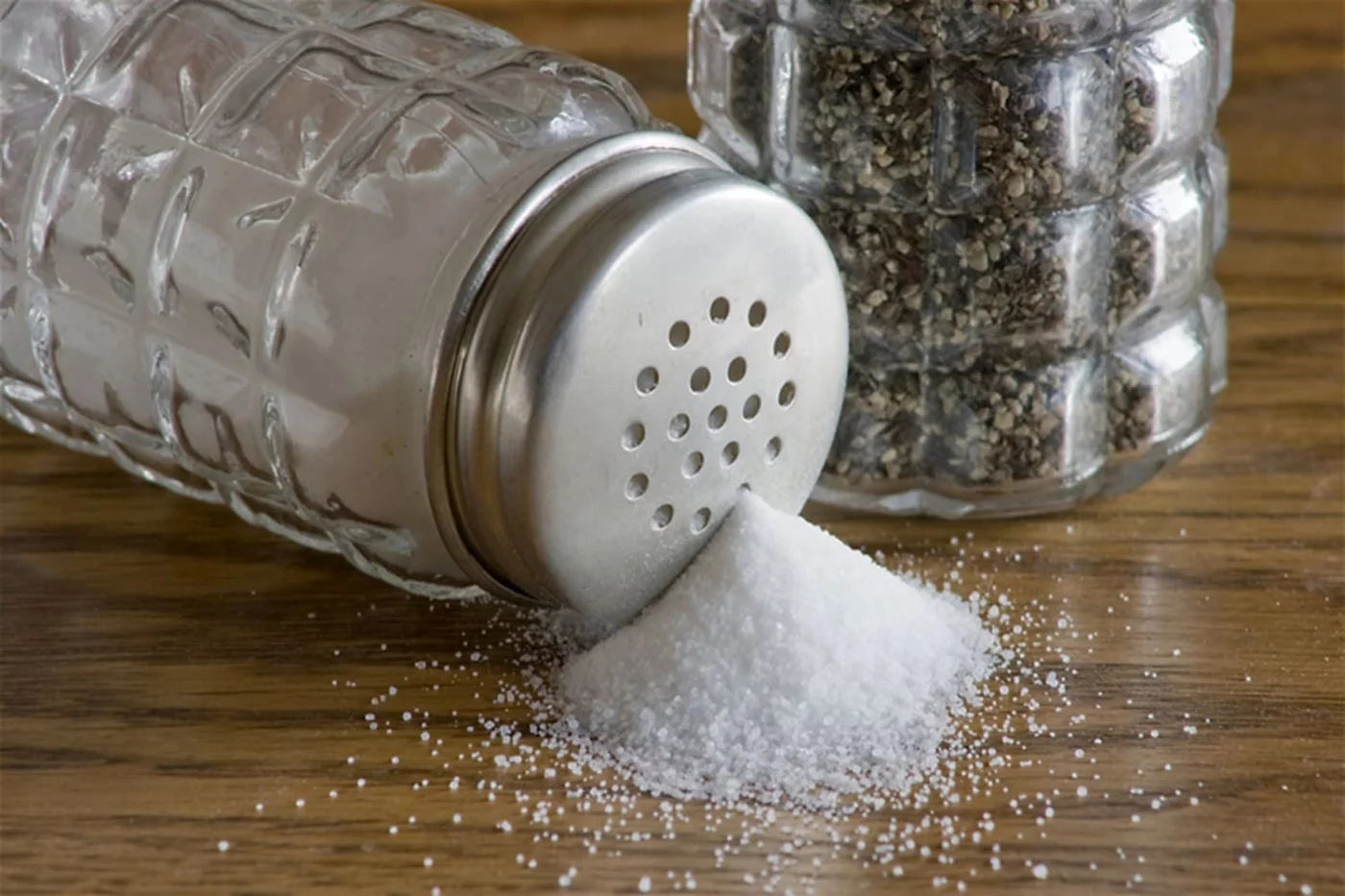New recommendations on salt intake from the World Health Organization

The World Health Organization (WHO) has issued new recommendations on salt intake. 1.9 million deaths per year are linked to high sodium intake.
However, the average daily sodium intake worldwide is 4.3 grams. This is more than twice the WHO recommendation of 2 grams. To get closer to the goal, the WHO is now recommending that people replace table salt with low-sodium alternatives.
Sodium is an essential mineral, but like all substances, it cannot be consumed in excess. The main risks are related to heart disease and high blood pressure.
According to the Harvard School of Public Health, excess sodium, first of all, puts excessive strain on the kidneys. The body retains more water to dilute the sodium, which increases blood volume and blood pressure. The heart has to work harder to pump so much blood. Over time, this damages blood vessels and can lead to heart attacks, strokes, and heart failure.
In addition, there is a risk of chronic kidney disease and osteoporosis due to the loss of calcium in the urine. The World Cancer Research Fund has also found that products with a high salt content, such as cured meats, are associated with stomach cancer.
In fact, sodium is not only found in salt, but also in many other products, which makes it very difficult to control its intake.
The new proposal is that people are advised to use potassium-enriched salt, in which some of the regular sodium chloride is replaced with potassium chloride.
Potassium is also a beneficial mineral for the body, but many people do not consume enough of it. This may not be appropriate for people with kidney problems who are more prone to hyperkalemia.
For the first time, the WHO has published global recommendations on the use of salt substitutes. The organization also provided several useful tips for reducing sodium intake:
- avoid highly processed foods;
- remove salt shakers from the table;
- use less salt in cooking and add more spices;
- switch to potassium-fortified salt;
- look for low-sodium labels on products;
- use salt substitutes.
In 2024, WHO experts said that excessive salt consumption leads to the development of hypertension and other cardiovascular diseases. In Eastern Europe and Central Asia, the risk of dying from cardiovascular diseases among people aged 30 to 69 is almost 5 times higher than in Western Europe.
Hypertension accounts for almost a quarter of all deaths and 13% of disability in the European region. Most Europeans consume a lot of salt and one in three people aged 30-79 suffer from hypertension. Read “Zamin” on Telegram!
Ctrl
Enter
Found a mistake?
Select the phrase and press Ctrl+Enter 












